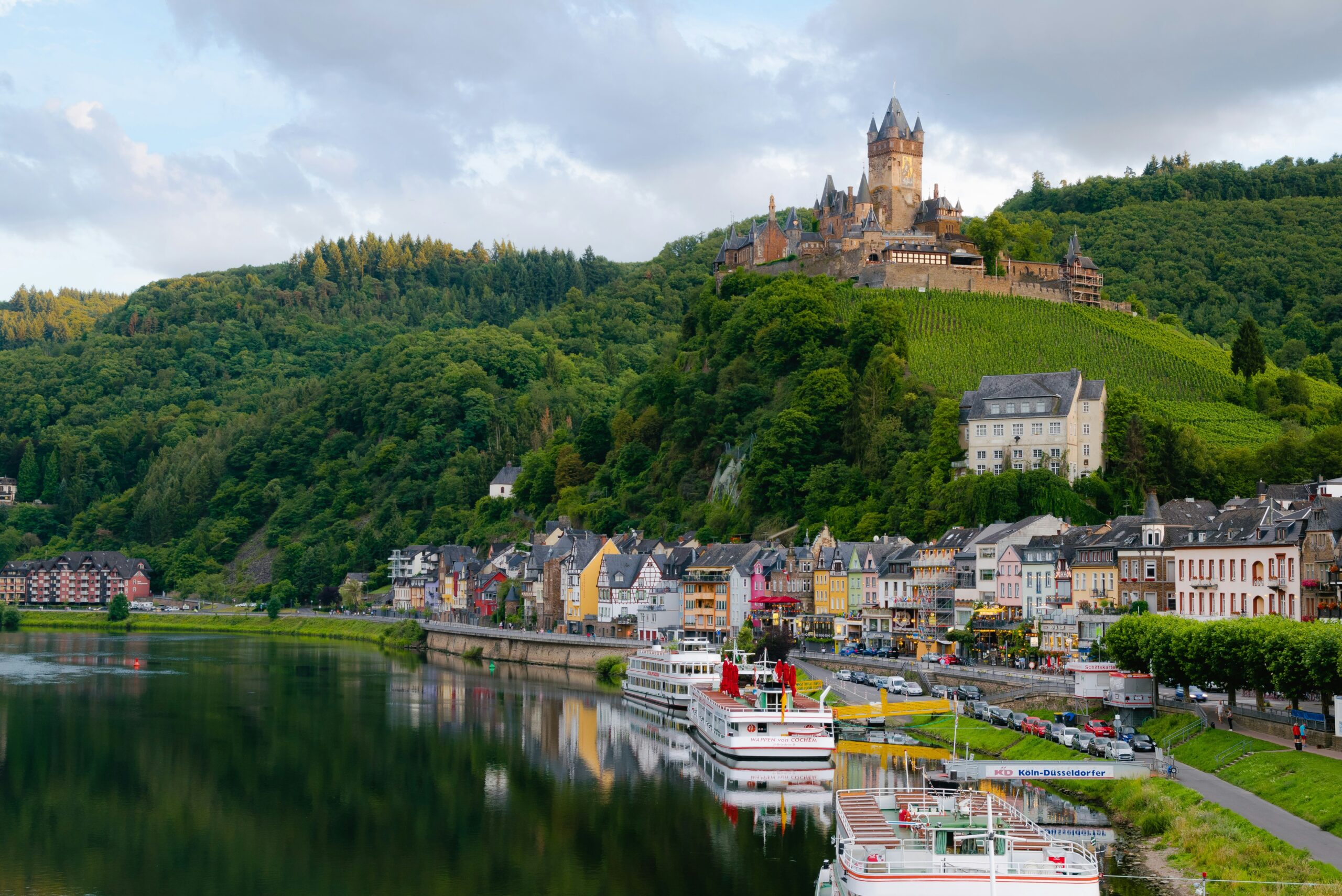VADUZ, LIECHTENSTEIN – The tiny principality of Liechtenstein announced today that it has officially solved all of its domestic issues and will begin importing political controversies from the United States to maintain its citizens’ interest in current events.
“We’ve reached a point where our biggest national debate is whether the town fountain should feature sparkling or still water,” explained Prime Minister Adrian Hasler during a press conference held in the nation’s single government building. “Our unemployment rate is 0.3%, crime consists entirely of parking violations, and our national debt could be paid off by a moderately successful bake sale. Frankly, it’s becoming boring.”
The decision came after a recent citizen survey revealed that 78% of Liechtenstein’s 39,000 residents reported feeling “politically unstimulated” and “nostalgic for the excitement of having actual problems to argue about.”
“I miss having something to be angry about,” said local resident Maria Schmidt while tending to her perfectly maintained garden. “Our healthcare is free, our education system is excellent, our economy is stable, and our politicians are competent. Sometimes I watch American news just to remember what political dysfunction feels like.”
The principality has established the Department of Artificial Controversy, tasked with adapting American political issues for local consumption.
“We’re starting small,” explained department head Dr. Klaus Weber. “This week we’re having a heated debate about whether our single traffic light should have a fourth color. Next month, we’re planning a controversy about whether fondue is a sandwich. We’re hoping to work our way up to more complex imported dramas like arguing about the definition of infrastructure.”
The program began as an experiment when Liechtenstein temporarily adopted the American debate about pineapple on pizza, which generated the most passionate political discourse the nation had seen since 1997.
“It was incredible,” reported local journalist Lisa Brunhart. “People were taking sides, writing letters to the editor, and having actual disagreements about something. It reminded us what it felt like to have divisive national conversations. Of course, we resolved it in three days through respectful dialogue and compromise, but it was exciting while it lasted.”
The imported controversy program has been so successful that Liechtenstein is considering franchising the concept to other well-functioning European nations.
“Switzerland called us yesterday asking if they could borrow our debate about whether yodeling counts as a national security asset,” Weber reported. “Denmark wants to try our experiment with arguing about the optimal temperature for public swimming pools. It’s becoming a regional trend.”
American political consultants have been hired to help manufacture more sophisticated controversies suitable for a nation where the biggest scandal in recent memory was a city council member arriving five minutes late to a meeting.
“We’re trying to adapt American-style political theater for a country where politicians actually read legislation before voting on it,” explained consultant Robert Martinez via video call from Washington D.C. “It’s challenging because they keep trying to solve problems with facts and cooperation instead of arguing about them indefinitely.”
The program hit a snag when Liechtenstein attempted to import the American debate about climate change, but accidentally solved their carbon emissions issue in two weeks through a combination of renewable energy investments and a national bike-sharing program.
“We meant to argue about whether climate change was real,” Weber admitted. “Instead, we researched the science, implemented evidence-based solutions, and achieved carbon neutrality. We’re still learning how to maintain controversies without accidentally resolving them.”
Citizens have reported mixed feelings about the artificial drama program.
“It’s nice to have something to disagree about,” said local baker Thomas Kindle. “But it’s weird knowing that our political arguments are basically performance art. Yesterday I got into a heated debate about municipal composting policies, but we both knew we were just pretending to be angry about perfectly reasonable waste management practices.”
The program’s ultimate test will come next month when Liechtenstein attempts to import American-style election drama for their upcoming municipal elections.
“We’re planning to have candidates disagree about things despite having almost identical policy positions,” Weber explained. “It’s going to be challenging because all our politicians are basically competent people who want to improve life for citizens. We may need to hire actors.”

